Union members have ratified contract proposals between the United Auto Workers (UAW) labor union and Big Three Detroit automakers (GM, Ford, and Stellantis), signaling historic gains for workers. Interestingly, the latest UAW contract ratification coincides with contract ratification between the Big Three and Unifor, the latter of which represents autoworkers in Canada. Now, labor experts are examining the deals on both sides of the border to see which union came out ahead.
In a recent report, Automotive News Canada talked to several labor experts who weighed in on the latest contracts, including Barry Eidlin, an associate professor of sociology at McGill University in Montreal. Eidlin gives the bigger win to the UAW. One of the key differences is with regard to temp workers, with the U.S. contract converting temps to full-time workers after about nine months, increasing pay by as much as 150 percent. Meanwhile, wage increases for the lowest-paid workers in the new Unifor deal range as high as 75 percent.
However, Eidlin points out that the U.S. union was negotiating from a point that was well behind that of Unifor, saying that the UAW was “on a whole different level” when it came to concessions. Associate professor of labour relations at Laval University in Quebec City, Mathieu Dupuis, agreed, saying that while both unions provided significant gains for temp workers, temps were far more prevalent in the U.S. than in Canada.
In addition, Unifor did not need to negotiate to end wage tiers, as they simply did not exist as they did for UAW workers in the U.S. Dupuis added that the three-year wage progression secured in the U.S. was a better deal for workers than the four-year progression for Unifor members.
Retirement, however, was a point in favor of Unifor, with union members in Canada receiving a defined benefit plan by 2025, as compared to the improved defined contribution plan for union members in the U.S.
Wage increases were another point of departure, with a 15-percent increase for Unifor members and a 25-percent increase for union members in the U.S. However, when factoring in cost of living allowances and the deal terms, Unifor members will enjoy a slightly larger annual boost than UAW members.
In a broader sense, experts say that both the UAW and Unifor secured deals that were significantly better than the contracts secured in the past few decades. However, the momentum gained by the labor movement in the U.S. is seen as more transformative, and could result in further gains for workers going forward.
Subscribe to GM Authority for more 2023 GM UAW news, UAW news, GM production news, GM business news, and around-the-clock GM news coverage.

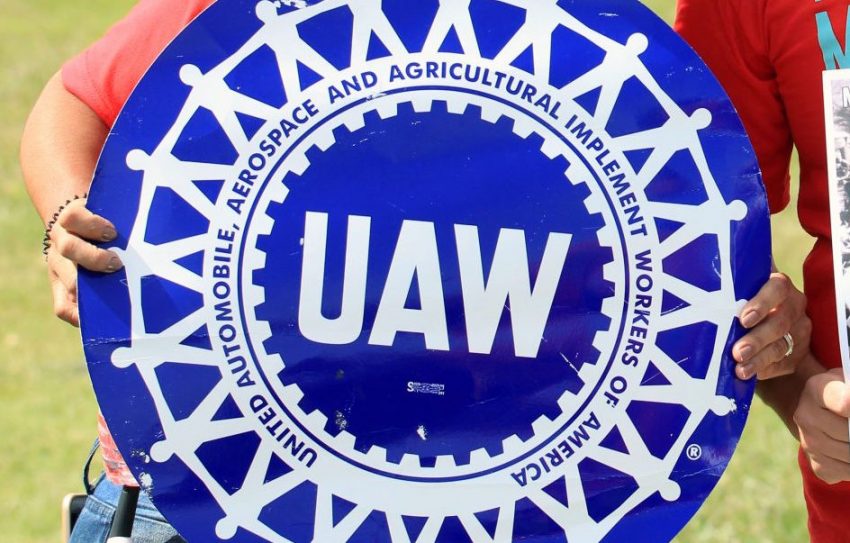
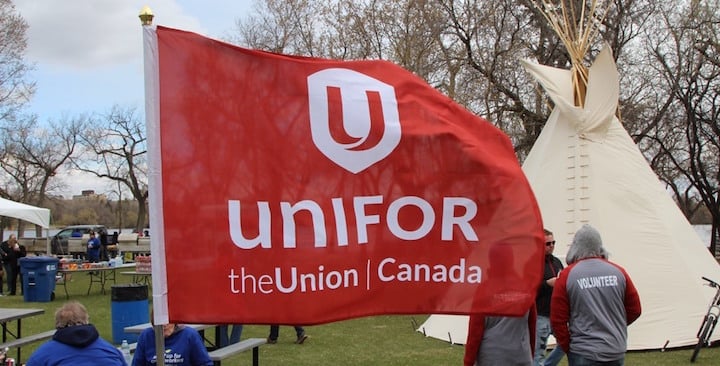
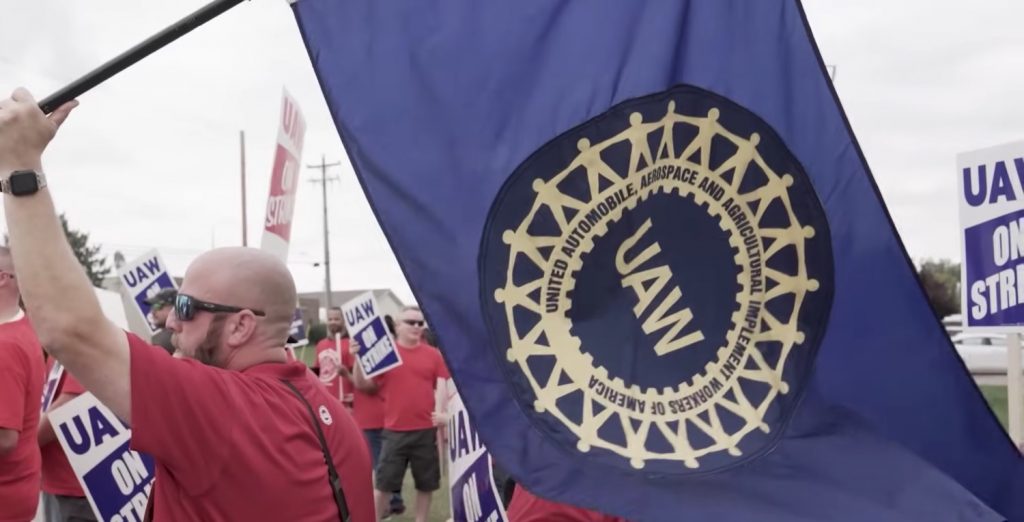


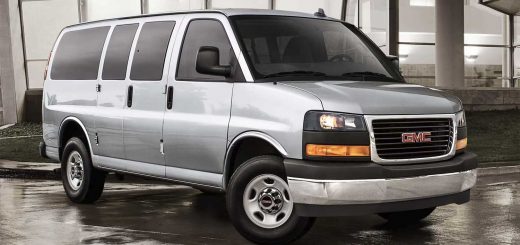

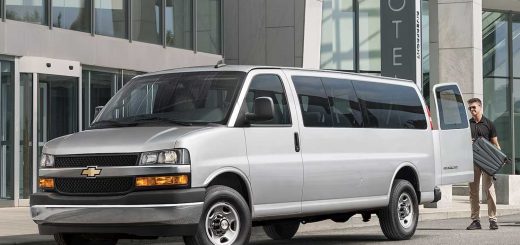








Comments
U.A.W. workers get profit sharing. Unifor workers do not get profit sharing or any other lump sum or bonuses during the remainder of the contract. That is significant when looking at wages. Unifor workers C.O.L.A. is capped at $2 and doesn’t begin until Dec 2024. There are many things in the UAW contract that is much much richer than Unifors contract. Health care cost in UAW contract is much more costly than Unifor health benefits due to Canadian universal health care so U.A.W. workers get top notch private health care compared to Unifor workers. The U.A.W. contract is much more superior than Unifors contract in almost every way….and that’s without including the buying power of UAW workers that must be almost double compared to Canadian Unifor workers because of the obvious very high cost of living in Canada.
That got to be the worst piece written on the analogy of uaw vs unifor contracts . The contracts both have pluses and minuses , comparing them is futile as they are their own separate entities and reside within different governmental and economic countries . The contracts are a win for the members and also non union members , just saying .
How does the UAW contract benefit non-union members as well? Certainly not non-union employees of the US 3! We are going to take it in the shorts! Whoo hoo! We will get Juneteenth off! But nothing in pay and benefits. (Zero contribution zero copay health care!? We can only dream!) Profit sharing will be down because. . .well, LESS PROFIT with this deal. And the stress will be on US (not the union) to find ways to reduce costs to make up for the cost of this deal. Expect more outsourcing to Mexico and China!
If there are any spill over benefits, it’s to labor at foreign transplants, who are getting raises.
They can both enjoy good contracts but by the end of these contracts both are going to have less members working. Detroit today is less competitive than ever with Tesla and foreign makers building cars in the US. The losses on EVs are staggering and these contracts will add to them. Owned GM vehicles for many years and left because of several poor quality vehicles in a row. That is not on the shoulders of the UAW it was and is on management.
Current retirees in Canada were ignored by Unifor…